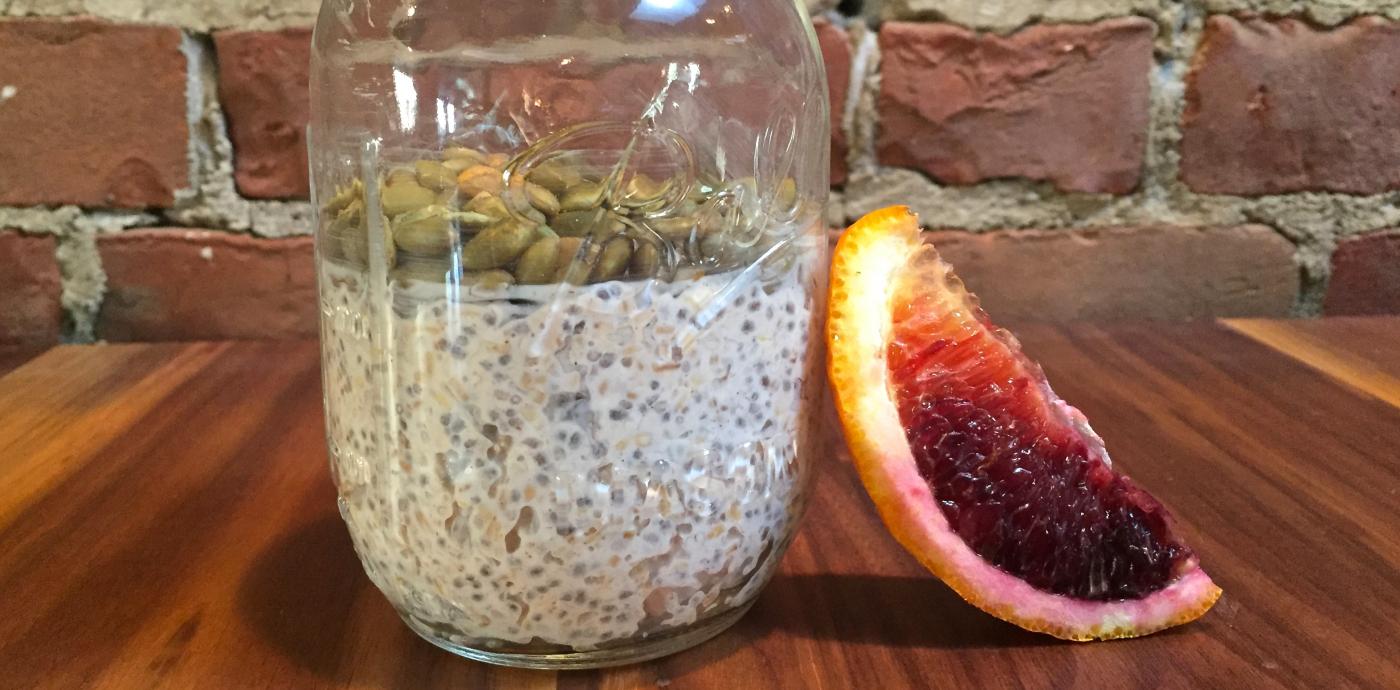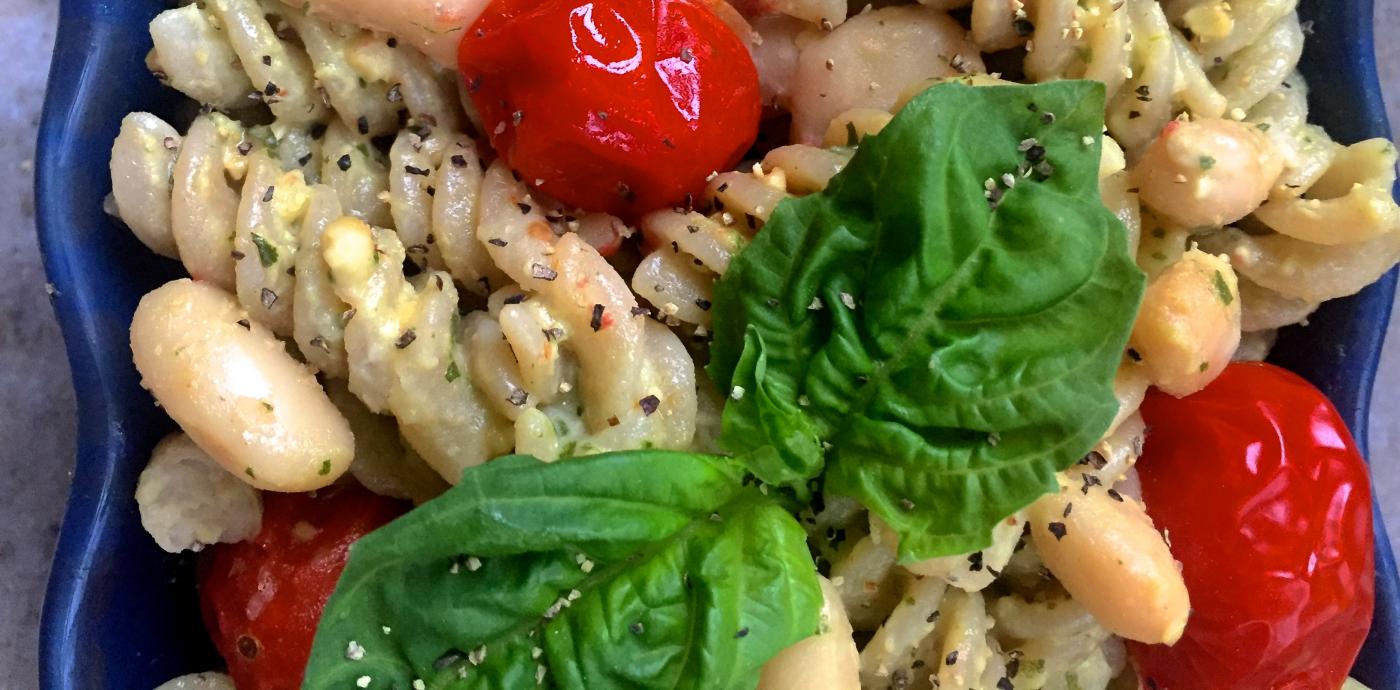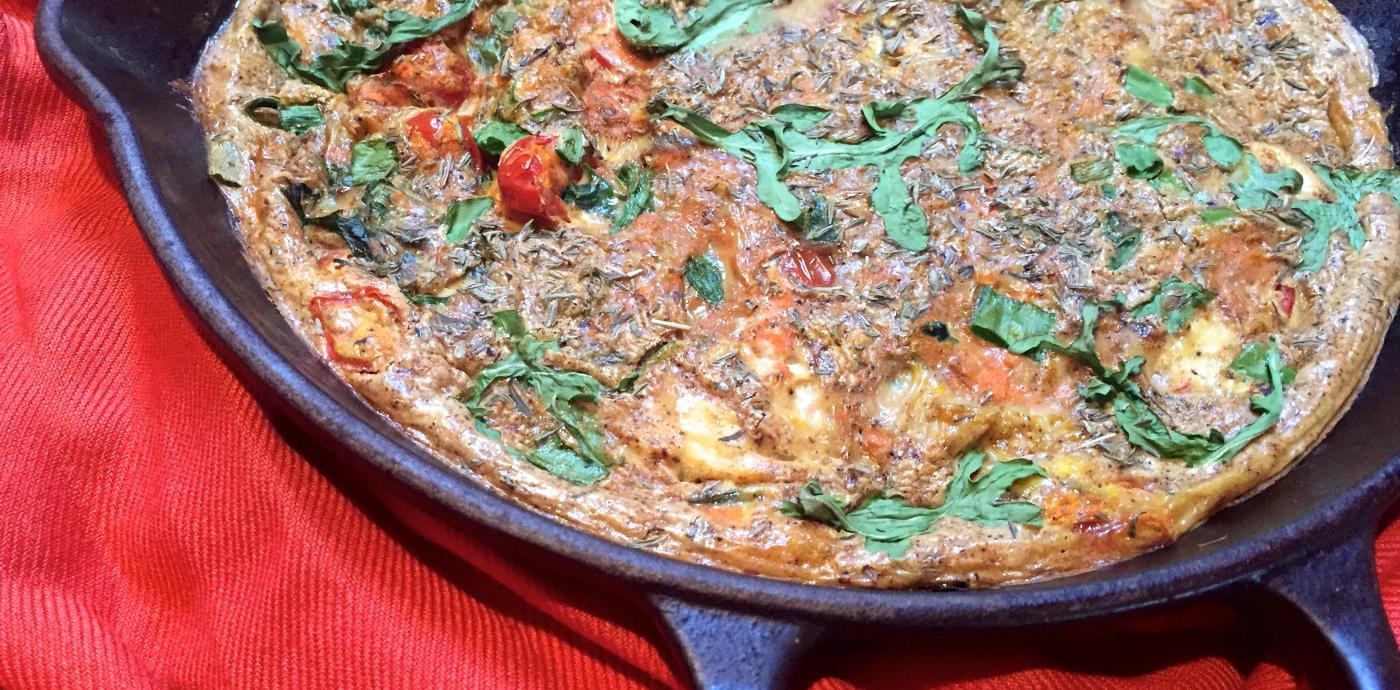Share This
What is vitamin B-12, and why is it important?
- Vitamin B-12 is a water-soluble vitamin that occurs naturally in animal foods such as eggs, meat, fish, yogurt, milk, and cheese. While most Americans are not at risk of a deficiency, vitamin B-12 is a nutrient of concern for people who do not consume animal products regularly, or at all—vegetarians and vegans.
- While all vitamins are essential for proper body functioning, each vitamin plays a different role. Vitamin B-12 is critical for the creation of red blood cells and DNA (the genetic material contained in all cells), as well as neurological function.
Besides animal products, are there other foods that have vitamin B-12?
- Yes, some foods that do not naturally have vitamin B-12 are fortified with it during the production process.
- Examples include some brands of fortified non-dairy milks (ex., almond, coconut, soy), breakfast cereals, and nutritional yeast.
- Each of these fortified food products may have a different amount of vitamin B-12, so be sure to consult the label.
Who needs vitamin B-12, and how much?
- Everyone! However, depending on life stage, individuals need different amounts. To see how much vitamin B-12 you need, check out the charts on our resource page, courtesy of Sharon Palmer, RD.
- For those over 50, it is recommended to take a vitamin B-12 supplement to reach your needs. Throughout aging, the body begins to produce less stomach acid, which is critical for the absorption of vitamin B-12 that is consumed from food.
What else do I need to know?
- Early symptoms of a vitamin B-12 deficiency include tiredness, weakness, and fatigue because of the vitamin’s role in neurological function and red blood cell formation.
- Many vitamin deficiencies have similar symptoms, so it is best to consult your physician or dietitian about your nutrient needs and diet.
- Experiment with the recipes below. They include foods with naturally-occurring vitamin B-12, as well as fortified foods.
1. Vegetable Frittata with Lima Beans
A frittata is the ultimate food for batch cooking. Add any veggies, herbs, and spices that you enjoy. Also, you can make one big skillet and have many servings for the rest of the week—breakfast, lunch, or dinner.
2. Whole Grain Pasta with White Beans and Arugula Pesto
Classic pesto includes basil, Parmigiano Reggiano, garlic, pine nuts, olive oil, and salt. Here, we swapped out cheese for nutritional yeast, and added arugula, cashews, and lemon. The result is a peppery pesto that tastes delicious with beans and whole grain pasta.
3. Cardamom and Orange Overnight Oats
Cardamom and cinnamon may conjure up memories of wintertime dishes, but we enjoy these overnight oats year-round. You can substitute your favorite kind of milk and add any fruit on top!
For more, explore our recipes page.
Additional Vitamin B-12 Resource
Vitamin B-12 Dietary Supplement Fact Sheet. (2016). Retrieved from https://ods.od.nih.gov/factsheets/VitaminB12-HealthProfessional/
Emilia Petrucci, Oldways media intern and nutrition communications student at Tufts University Friedman School of Nutrition Science and Policy




Add a Comment